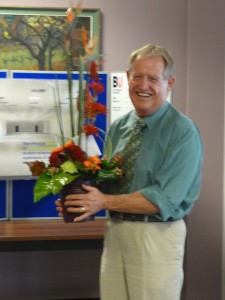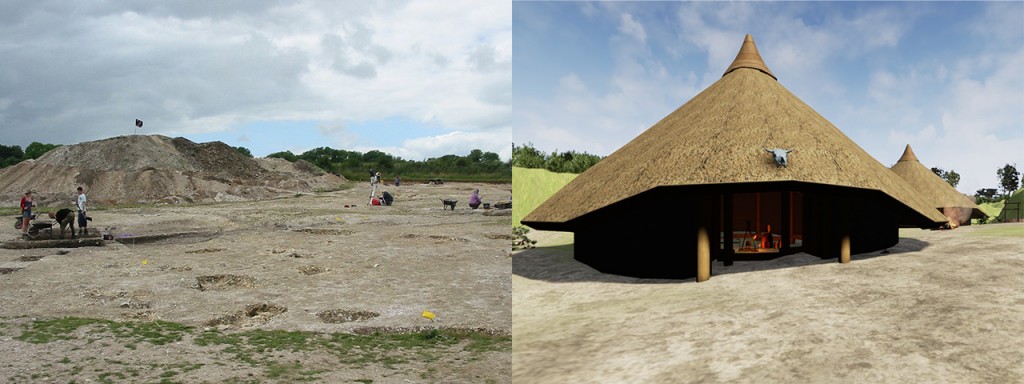
Kevin Henry is *the* guru in security certifications and training and we are delighted that he will be presenting at the University tomorrow and on Friday 12th of June. Kevin is going to deliver a handful of lectures which will take you on an enlightening journey through the world of Information Security!
Kevin will present on the following topics:
Thursday 11th June
Shelley Lecture Theatre, Poole House
10.00am – 12.30 pm
Content of the CISSP
What is Information Security and its Role in Business?
2pm – 4pm
How is the face of Information Security Changing?
Hackers versus APTs
Where should my career go?
Friday 12th June
Shelley Lecture Theatre, Poole House
10.00am – 12.30pm
The Value of the CISSP and other Certifications
International Standards and Practices – An Overview of ISO/IEC 27001 and PCI-DSS
If you would like to attend any of the lectures please contact the BU Cyber Security Unit to reserve your place – 01202 962 557 or email
Kevin is recognized as one of the Leaders in the field of Information Security worldwide. He has been involved in computers since 1976 when he was an operator on the largest minicomputer system in Canada at the time. He has since worked in many areas of Information Technology including Computer Programming, Systems Analysis and Information Technology Audit. Following 20 years in the telecommunications field, Kevin moved to a Senior Auditor position with the State of Oregon where he was a member of the Governor’s IT Security Subcommittee and performed audits on courts and court-related IT systems. The co-chair of the CBK for the CISSP and several other certifications, as well as an author with published articles in over ten books and magazines, Kevin is the principal of KMHenry Management Inc. and served until recently as the Head of Education for (ISC)2 and Vice President of ITPG, responsible for all educational systems, products and instructors for training programs. Currently Kevin is an Authorized Instructor for (ISC)2, ISACA, and BCI.
Visit the BUCSU website for more information on enterprise consultancy, research and education
 Lightning Talks: An adrenaline rush of research
Lightning Talks: An adrenaline rush of research





















 SPROUT: From Sustainable Research to Sustainable Research Lives
SPROUT: From Sustainable Research to Sustainable Research Lives BRIAN upgrade and new look
BRIAN upgrade and new look Seeing the fruits of your labour in Bangladesh
Seeing the fruits of your labour in Bangladesh Exploring Embodied Research: Body Map Storytelling Workshop & Research Seminar
Exploring Embodied Research: Body Map Storytelling Workshop & Research Seminar Marking a Milestone: The Swash Channel Wreck Book Launch
Marking a Milestone: The Swash Channel Wreck Book Launch ECR Funding Open Call: Research Culture & Community Grant – Application Deadline Friday 12 December
ECR Funding Open Call: Research Culture & Community Grant – Application Deadline Friday 12 December MSCA Postdoctoral Fellowships 2025 Call
MSCA Postdoctoral Fellowships 2025 Call ERC Advanced Grant 2025 Webinar
ERC Advanced Grant 2025 Webinar Update on UKRO services
Update on UKRO services European research project exploring use of ‘virtual twins’ to better manage metabolic associated fatty liver disease
European research project exploring use of ‘virtual twins’ to better manage metabolic associated fatty liver disease